Therefore, let’s have a look at the four best managers of modern era, who were selected on the basis of managing successful clubs in different leagues, the resources they had, and their achievements in Europe and internationally.
1. Sir Alex Ferguson
Sir Alex is regarded as one of the most successful, admired and respected managers in the history of the game. A disciplinary and a dictator, he was famous for playing mind games with his rival managers and getting the better of their nerves. He was nicknamed ‘The Furious Fergie’ and ‘Fergie Time’ for United’s reputation of scoring late goals in injury time. Alex Ferguson preferred a 4-4-2 system with two wingers and two strikers upfront to play attacking and free-flowing football with a strong defence.
It was with Aberdeen FC that Ferguson cemented his reputation as a top-flight manager. Breaking the Celtic-Rangers championship stranglehold, Ferguson led Aberdeen to three Scottish Premier Leagues. Ferguson’s crowning achievement was taking over a mid-table Manchester United team and making them the best team in England. His greatest achievement came in the 1998-99 season, when he became the first manager of a British side to win the treble. During his 28 years at the club, he led them to win 38 trophies.
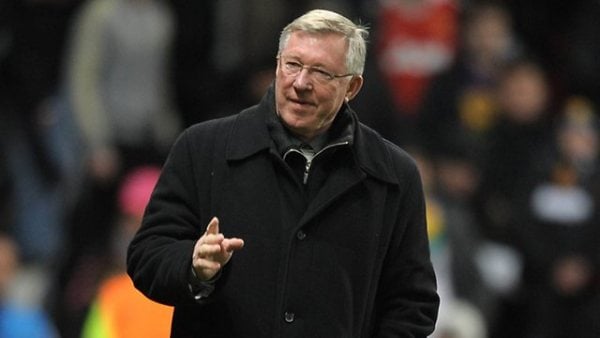 Sir Alex Ferguson. Photo: AFP
Sir Alex Ferguson. Photo: AFP2. Jose Mourinho and Carlo Ancelotti tie at number two
Nicknamed the ‘special one’, what makes Jose Mourinho stand out is that he never played professional football but still his understanding of the game and tactics make him a genius of the game. Mourinho started as an interpreter for Sir Bobby Robson and then moved towards management. His playing style is countering and nullifying opponents, while going with very defensive tactics of ‘parking the bus’. Known for being outspoken, his style is based on getting the right results and he is regarded as a master tactician.
Mourinho has given a whole new dimension to managers with the amount of lime light and media attention he got and his famous celebrations at Old Trafford in a win against Manchester United in UCL 2004 brought him prominence. Also, him leading his Porto side towards a UEFA Champions League trophy triumph was also a highlight of his career.
He helped Chelsea win two consecutive English Premier League trophies, their first since 1955. Again he achieved greatness with Inter Milan, while enabling them to win treble (including a European Cup since 1955) and made them the first ever Italian club to achieve such a feat. When his spell at Real Madrid started, it wasn’t his best but he still managed to win a La Liga. He is now back with Chelsea.
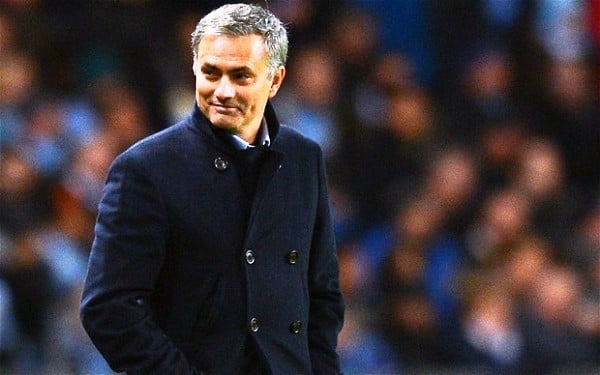 Jose Mourinho. Photo: AFP
Jose Mourinho. Photo: AFPCarlo Ancelotti is undoubtedly one of the greatest managers of modern era. With his success ranging over four different leagues, he is known to be a very cool-headed manager who doesn’t follow strict regimes with his players. He allows his players to express themselves on the field. He uses the Ancelotti style of play as it is the most flexible one to change tactics according to the players.
It was when he was at AC Milan that his success story began, where he won two UEFA Champions Leagues and his master strokes included moving Andrea Pirlo from the hole behind the strikers to his deep lying playmaker role and shifted Kaka from the wing to the middle. These changes paid off and made Milan one the best club sides at that time. Then in 2009, he joined Chelsea, winning a historic double in the first season, followed by winning a title with PSG before joining Real Madrid, where he created history by leading the club to their record 10th Champions League trophy and became the only manager in history to have won the European Cup three times.
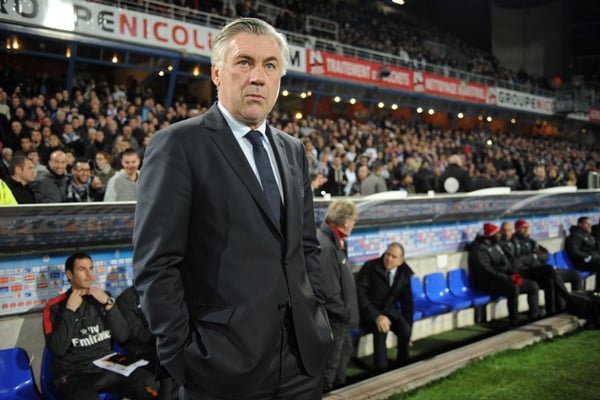 Carlo Ancelotti. Photo: AFP
Carlo Ancelotti. Photo: AFP3. Pep Guardiola
Pep Guardiola brought tiki-taka football to fame, which was based on passing and keeping the ball with plenty of possession. Under Pep, Barca became one of the most fearsome, unstoppable and arguably the best club ever. He is considered to be one of the best managers of his generation and his best move was to bring Lionel Messi from the wing to forward position, which transformed the club and the player.
In doing so, Pep guided Barcelona to the maximum of six trophies out of six competitions in one year, thus achieving the sextuple and became the youngest manager ever to win the UEFA Champions League. Pep announced his retirement as Barcelona manager after winning 14 trophies in just four years and joined Bayern Munich where he has already won a Bundesliga.
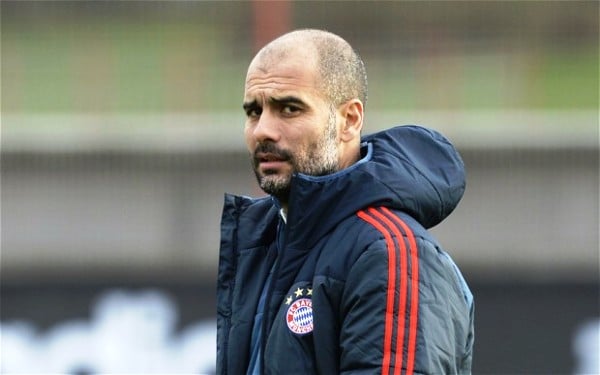 Pep Guardiola. Photo: AFP
Pep Guardiola. Photo: AFPApart from these four, the game of football has seen other great managers, some of which are Vicente Del Bosque, Ottmar Hitzfeld, Marcello Lippi, and Louis van Gaal. However, for me, these three are on top of their game.

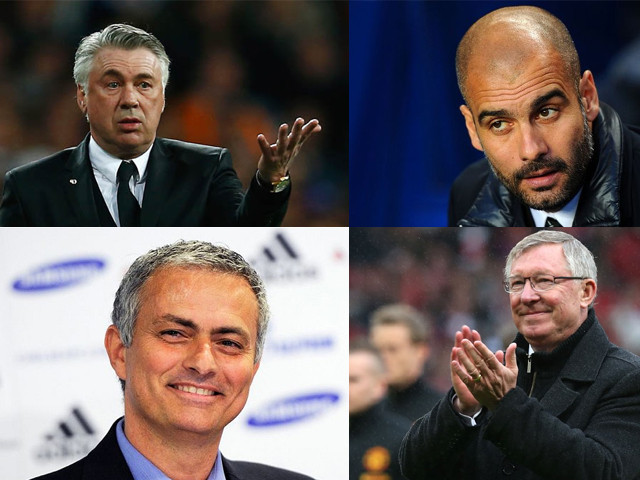

COMMENTS
Comments are moderated and generally will be posted if they are on-topic and not abusive.
For more information, please see our Comments FAQ